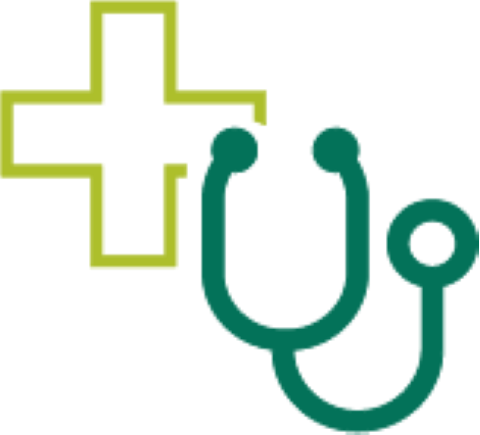Health
fighting poverty by improving health
Children in impoverished communities live without access to basic health necessities such as clean water and sanitation, ushering in preventable diseases or worse. Health issues often cause children to fall behind in their development, and a lack of education leads the way for drug use, early pregnancy and gang affiliation.
Your gift, or sponsorship, helps children in our communities by providing health programs that focus on two important things: 1) developing healthy habits and 2) connecting children with the health services they need, when they need them.
There are four main components of our health programs:

Health
Services
When needed, we provide health screenings, medical referrals, lab tests and results, medications and other health interventions — ensuring children have access to the curative and preventive health care they need.

Strengthening
Local Services
Through community participation and shared responsibility, a social accountability program ensures that providers, users and entire communities work together to boost and improve health services.

Comprehensive Health
Education (Prevention)
Two programs provide information, tools and training to adolescents aged 10 to 18 on sexual, physical, mental, nutritional and relationship health.

Health
Promotion
We provide information on self-care and disease prevention, as well as education about when and where to access local health services.
Emotional well-being is a critical component of a healthy, fulfilling life, and that’s why we offer psychosocial support as part of our Health Equity Program. Effective tools and information are provided to children, youth and families that help them manage psychological adversity, achieve emotional well-being and be positive agents of change in their communities.
These interventions consist of:

Psychological
Services
Our professionals provide therapy sessions; external services are available when needed.

Parent and
Family Training
This is a family program that helps parents and other primary caregivers develop more positive parenting skills.

Emotional
Well-Being Tools
Classes and programs provide comprehensive information on managing emotions, resilience, self-control, self-calm and self-care.
Health equity is achieved when all individuals can reach their full potential for health and well-being, regardless of where they are born or their economic situation. We partner to improve both health access and health systems in the areas where our families live, making it possible to provide everyone with an opportunity to achieve their ideal level of health.
Programs tailored to fit the need
Around the world, every community has distinct needs and suffers from its own set of obstacles. In Mexico, the saturated job market makes it difficult for uneducated adults to find stable employment. While in Zambia, one of the most marginalized places on Earth, poverty is so widespread that unemployment is a generational problem with lasting deficits. Our in-country teams assess the conditions in every country we serve and coordinate with local employers to deliver the insight, education, skills and opportunities most needed in each community’s job market.
How will your support help?
Children enrolled in our program have access to the right mix of resources, based on location, age and life circumstances. Through sponsorship’s foundational programming, children and youth gain the skills and confidence they need to create promising futures. The last step on a young person’s path out of poverty is employability training that equips them with the knowledge they need for sustainable employment and financial stability.

